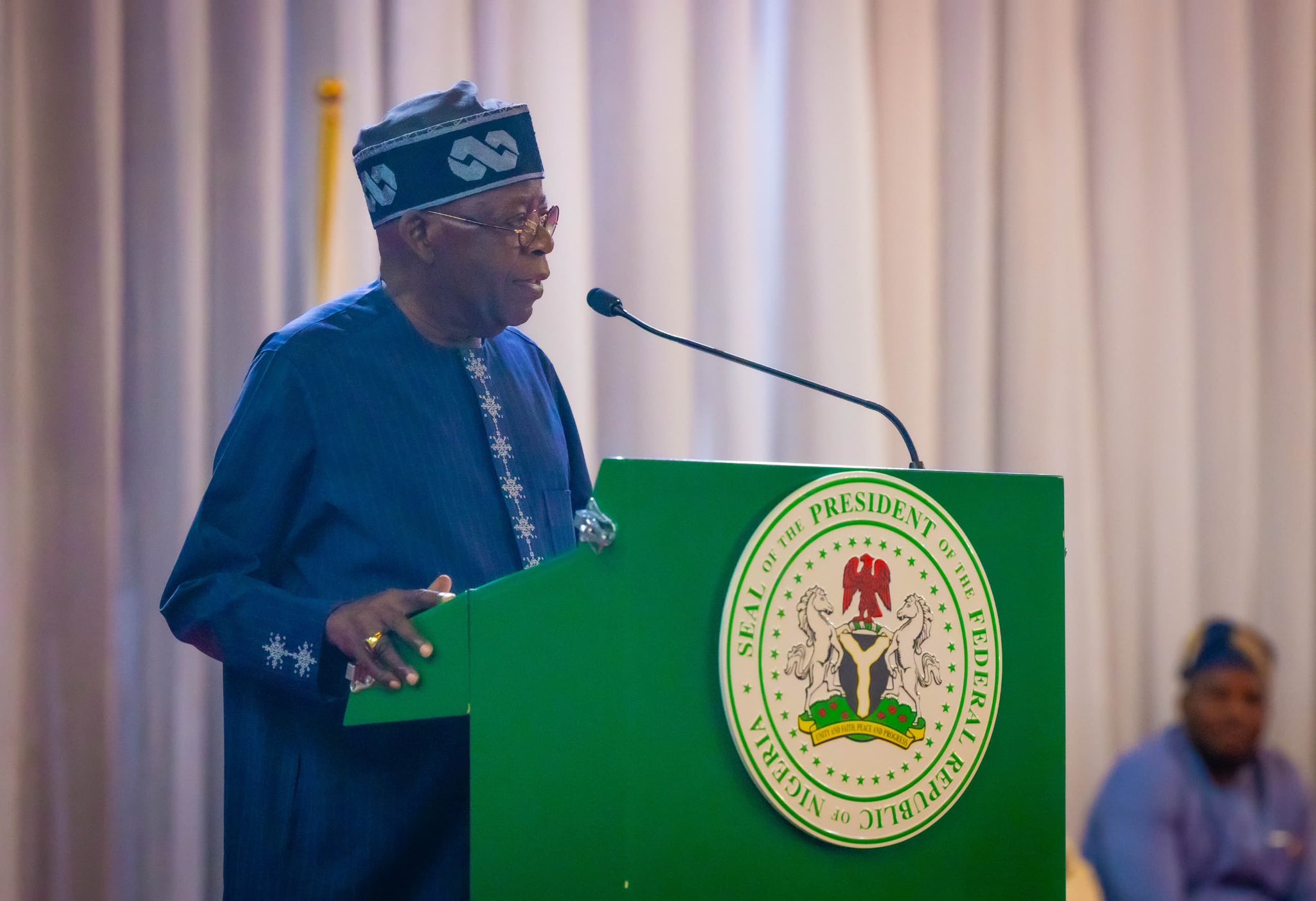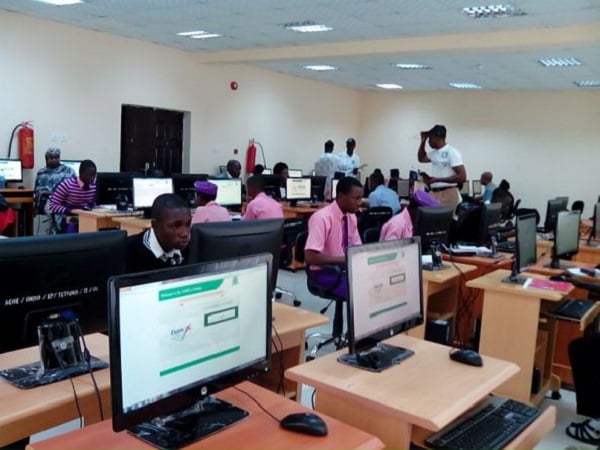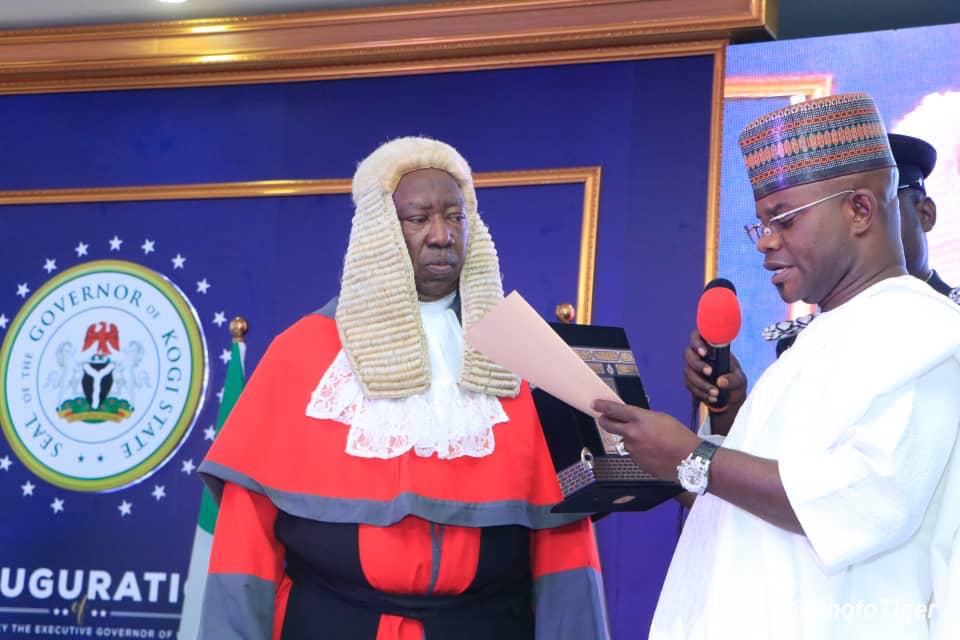Democracy, as famously defined by the legendary American President, Abraham Lincoln, is a form of government that is of the people, by the people, and for the people. It is a rule in which the majority has its way, but the views of the minority are expected to be heard, and their interests taken care of; that is on one hand. Government, on the other hand, is the machinery with which the affairs of a society (state) is governed with the instrumentality of a constitution by a select few, usually elected, within the ambit of the rule of the law. The government is philosophically, morally, and statutorily responsible for providing happiness for a greater majority of the people in every civilised society, while ensuring social order in the relationship between individuals, between individuals and the government’s, and between the different tiers of the government in the society.
Therefore, a democratic government, like what is being practised in Nigeria now, is a government that rules with the people’s welfare, yearnings, and aspirations as the centre-piece of its policies. A democratic government is responsible for the people, and is responsive to their needs, physical, socio-economic, and what have you. It looks after the yearnings and aspirations of the people, as contained in the John Locke’s “social contract”. The people are presumed to have voted into power, those political office holders whose manifestos are in tandem with the people’s yearnings and aspirations. During the course of policy formulation and implementation, inputs and feedbacks from the people are needed by the government to gauge its feasibility, appropriateness, or acceptability to the people who are the purported beneficiaries. This is necessary because sooner, rather than later, the mandate would be up for renewal, and the evaluation and the decision, as to whether the mandate should be renewed for the occupants of the respective offices or not, take place through periodic elections.
Politicians, especially anyone who is of Tinubu’s calibre should, therefore, be smart enough to know that, whether they get re-elected or not depends on what the people feel about their performance in the current tenure. How favourable were the policies to them (the people), in terms of what, in the Nigerian parlance, is referred to as “dividends of democracy”? How easy was life made under the administration or the political party seeking re-election? Those are some of the key factors to be considered by the electoral as they step into that cubicle at the polling stations across the land.
No matter how much of necessity the implementation of certain policies are, it must, therefore, not be carried out in such a way that makes life meaninglessly difficult, and unenjoyable for the people, because of the imminent day of reckoning – election day because that is the juncture at which politics and governance meet. That is the point of convergence between politicking and governance. That is where the political dexterity, and sagacity of the person(s) in power comes to play. As it works in most climes, with Nigeria not being an exception, securing the next four years in office, therefore, depends on how the people felt about the past four years of the administration.
Advertisement
I know, some are wont to argue that, the majority of Nigerian voters are purchasable. Well, it is “Yes” and “No”. Yes because, we have seen where a poorly performing governor, senator, even president was rewarded with a re-election, when observers think it was an opportunity for the electorates to exert a revenge by voting out the non-performers. Why was it so? Because, what we (in Nigeria) call “the Stomach infrastructure” was built over a few weeks, days, or even less than 24 hours, before the election. It happened in Kogi State in 2019, and 2023, where a non-performing governor, and parties respectively, were voted to continue in office. A combination of both stomach infrastructure, and AK-47 diplomacy, using “Taratatataaaaaa” Political philosophy were deployed across the state to determine the pendulum of victory. Abia state was also a living example, between 2015, and 2023, when all the people to reward failure was 2 liters of kerosene per electorate, and so many other examples too numerous to be listed. Even at the federal level, while Nigerians were lamenting the poor performance of General Muhammadu Buhari of the ruling All Progressive Congress (APC) he and the incumbent, Bola Ahmed Tinubu, of the same party, were returned in 2019 and 2023, respectively. The elections did not go without a heavy dose of question marks, most of which were later resolved by the Judiciary.
But it is also “No” because I have seen where the people collected the financial or material inducement on offer, but voted according to the dictate of the principle of reciprocity – failure was punished, or according to the dictate of their conscience. In 2003 gubernatorial election in Kogi State, the people voted massively against the incumbent Governor, the late Abubakar Audu whose tenure, characterised by policy that were deemed to be not so worker-and-people-friendly, contrary to the expectations of the people. The 2015 presidential election also comes to mind, where the performance of the incumbent (Dr. Goodluck Jonathan) was not too good in the eyes of most of the people, especially in the area of security. I will also like to remind us of what happened after the first tenure of Kayode Fayemi In Ekiti State in 2014 gubernatorial election. As the incumbent at whose disposal was a massive chunk of “instrument of gratification” that could be used to sway the voters’ electoral choice, he still failed to get a mandate renewal. He got re-elected in 2018 though, after re-contesting. The same thing also happened in 2018, to the candidate of the political party that succeeded him in 2014. The Lagos State result of the last presidential election is also very instructive. Lagos, considered to be Tinubu’s political stomping ground, was won by an emerging force in the shape of the Labour Party (LP) which fielded Peter Obi as its flag bearer. I am not suggesting that the APC or its presidential candidate spent money to influence voters’ choices. But nobody can tell me that if it were down to money, Asiwaju and the party at the state level would not match any spender, Dollar-for-Naira. Where opponents would spend ₦100, they could afford to spend $100. But all that paled into insignificance, went the chips were down. Tinubu lost by a margin of about ten thousand votes. Inconceivable. This is a territory where everyone expected Tinubu to beat all comers any time, any day. However Peter Obi and his “Obidients Movement”-inspired LP won. Tinubu would, however, go on to win the overall highest votes across the nation, with about two million votes to emerge the elected president. That is the beauty of election drama in a democracy. The parties’ primaries in 2022 also threw up some dramas in some states like Niger, where delegates collected money but voted against the money bags, who would later come back, demanding a refund of their money.
So, as Nigerians continue to groan under the excruciating pains occasioned by the haphazardly implemented policies, some of which are floating of the currency, and (fuel and electricity) subsidy removals, across board (except pilgrimage), by the Tinubu’s administration, I have been trying to convince myself, without much success, that the federal government would come up with, at least, a palliative intervention to mitigate the effects of these policies that have left Nigerians much poorer than they were, two or three years ago.
Advertisement
So far, the only semblance of palliative response from the federal government so far, apart from rhetoric, was the announcement that, a paltry 42000 metric tonnes of grains, like maize, sorghum, millet among others, would be released from the nation’s grain reserve, and distributed to the vulnerable. This is talking about 54 metric tonnes per local government. Assuming the number of people who fall into the category – the vulnerable, is one hundred million, out of about two hundred and twenty-two million (220,000,000) population, it means each of them would get less than half of a kilogram. If it is to be distributed to two hundred million, then we would be talking about a quarter of a kilogram. How many people would that feed, and for how long? I leave that for you to figure out.
To even think that the commencement of the distribution exercise is still dragging up until now, without any visible sign in sight that the target beneficiaries would get it in the next one month, makes a mess of the whole pronouncement. It became so bad that some residents of some cities like Abuja, and Makurdi earlier this year, had to break into warehouses they thought belong to the government.
So, if President Tinubu thinks he has the time to foot-drag on policies that would bring succour to the suffering masses, he has another think coming. This is because, by the time Nigerians take out their angers at the poll to exert a revenge on an insensitive administration through the ballot box, it would be too late to cry while the head is off.
Reports in the media quoted the federal government to have said that, it has flagged off the disbursement of conditional grants.
Advertisement
FG flags off disbursement of conditional grants, says it’ll be in phases
I hope it won’t end in “audio (fictitious) disbursement”, like the conditional cash transfer under the immediate past administration. Up to this moment, I have not come across any purported beneficiary to authenticate it, and clear my doubts about the scheme. The scheme was akin to a football match situation in which, it is only the referee and the “winning” team that witness when the ball rolls into the net. I hope to be proved wrong. A stitch in time, like the saying goes, saves nine.
Abubakar writes from Ilorin, Kwara state. He can be reached via 08051388285 or [email protected]
Advertisement
Views expressed by contributors are strictly personal and not of TheCable.






